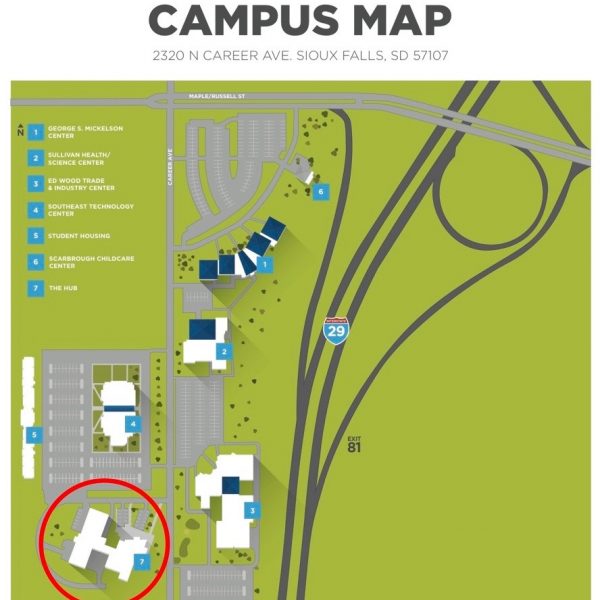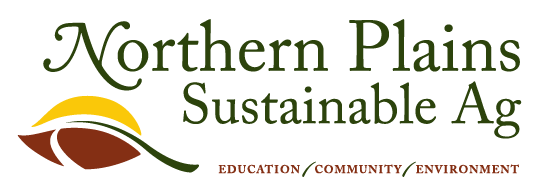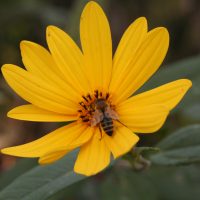
Bringing Back Pollinators to Our
Gardens and Farms
By: Jim Eckberg, Plant Ecologist and Agronomist
Xerces Society for Invertebrate Conservation
Tuesday, July 11, 2017
6:00 – 9:00 pm
(6:00 – 6:30 social and light appetizers)
Southeast Tech
Room HUB 220
2001 N Career Ave.
Sioux Falls, SD 57107
Click Here to see map
Free and open to the public!
Hang a flyer in your area! Click Here
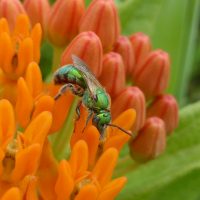
Bringing Back Pollinators to Our Gardens and Farms
Pollinators are essential to our environment and lives. Over 85% of the world’s flowering plants depend on pollinators along with more than two-thirds of world crops. The agricultural value of insect pollination is estimated to be at least $29 billion per year in the U.S. Unfortunately bees, butterflies and other pollinators face many challenges today including habitat loss, pesticide use, and introduced diseases. Scientists have documented precipitous declines in pollinator populations with many species that were once widespread now facing extinction.
It is time to bring back the pollinators. Whether you are a gardener, farmer, rancher or enthusiast, this presentation will provide you with information to know who the pollinators are, why they are so important, and what you can do to conserve these important insects. Presenter, Jim Eckberg, will discuss how to create habitat for bees, butterflies and other pollinators as well as protect these areas from pesticides. This will cover step-by-step guidance to plan, prepare, plant and manage pollinator habitat. He will finish by discussing the ongoing initiative through General Mills – Cheerios Division to provide free flowering seed and technical support for farmers in North and South Dakota and Minnesota to establish pollinator habitat on their land.
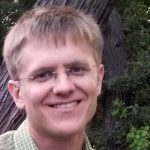
Jim Eckberg
Jim Eckberg is the Plant Ecologist/ Agronomist for the Xerces Society. For nearly two decades, Jim has worked both on the science and practice of restoring habitat for beneficial insects on farms and natural areas. Today he works with farmers, USDA, AgCanada and others to conserve beneficial insects across upper Midwest farms. He also works with the native seed industry to identify high- quality plants for pollinators, and bring them into commercial production. Jim completed a M.Sc. (University of Nebraska-Lincoln) in ecology and a Ph.D. (University of Minnesota) in agroecology.
Southeast Tech Campus
HUB building (room HUB220)
2320 N Career Ave.
Sioux Falls, SD 57107
